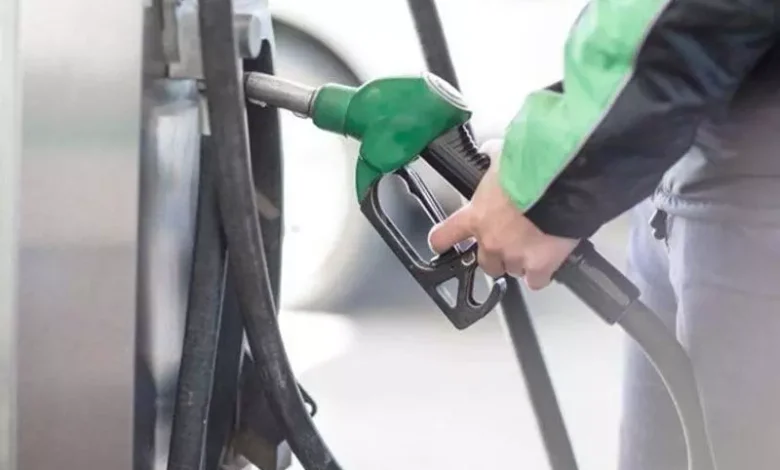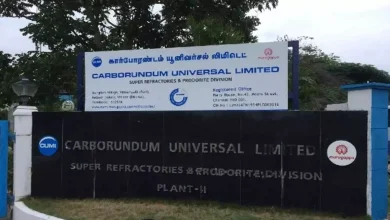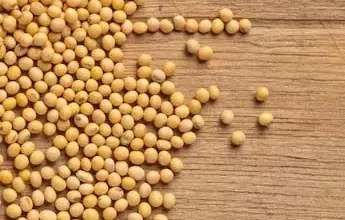E20 petrol maintains fuel efficiency, improves engine performance: Petroleum Ministry

New Delhi: The Ministry of Petroleum and Natural Gas has rejected recent claims doing the rounds on social media that 20 per cent ethanol blended E20 petrol causes a steep drop in fuel efficiency. In a detailed statement, the ministry said such allegations are factually incorrect and not supported by scientific analysis or expert opinion. The ministry clarified that while ethanol has a lower energy density than petrol, its impact on fuel efficiency is negligible. In a social media post, the ministry said “the allegation that E20 causes a steep drop in fuel efficiency is factually incorrect”.
The ministry said vehicles designed for E10 and calibrated for E20 may experience only a 1-2 per cent drop in mileage, while other vehicles may see around 3-6 per cent. This drop can be further reduced with better engine tuning and use of E20-compatible parts, which have already been adopted by major automobile manufacturers. The Society of Indian Automobile Manufacturers (SIAM) has confirmed that E20-compliant vehicles with advanced components are available from April 2023. On the issue of material degradation, the ministry said safety standards for E20 are well-established through BIS specifications and automotive industry standards.
In some older vehicles, minor replacements like replacement of rubber parts or gaskets may be required after 20,000 to 30,000 km, but these are inexpensive and are usually done during regular servicing. Addressing environmental concerns, the ministry highlighted that ethanol is a renewable fuel that helps reduce CO2 emissions. Ethanol in India is now produced not only from sugarcane but also from excess rice, maize, damaged food grains and agricultural waste, especially under the push for second generation (2G) biofuels.
A study by Niti Aayog found that ethanol made from sugarcane and maize emits 65 per cent and 50 per cent less greenhouse gases than petrol, respectively. The ministry also emphasised the benefits of ethanol in improving vehicle performance. Ethanol has a higher octane number (Rs 108.5) than petrol (Rs 84.4), which helps improve engine performance and ride quality in modern vehicles.
“Vehicles tuned for E20 (with increased RON) deliver even better performance,” the ministry said. Additionally, its higher vaporisation heat reduces intake manifold temperature, thereby improving air-fuel mixture density and engine efficiency. Ethanol blending also promotes energy security by reducing crude oil imports, the government said. Since 2014-15, India has saved foreign exchange of over Rs 1.40 lakh crore due to ethanol substitution. This has also resulted in payments of over Rs 1.20 lakh crore to farmers, boosting rural income and employment. Ethanol blending has reduced carbon dioxide emissions by 700 lakh tonnes.





